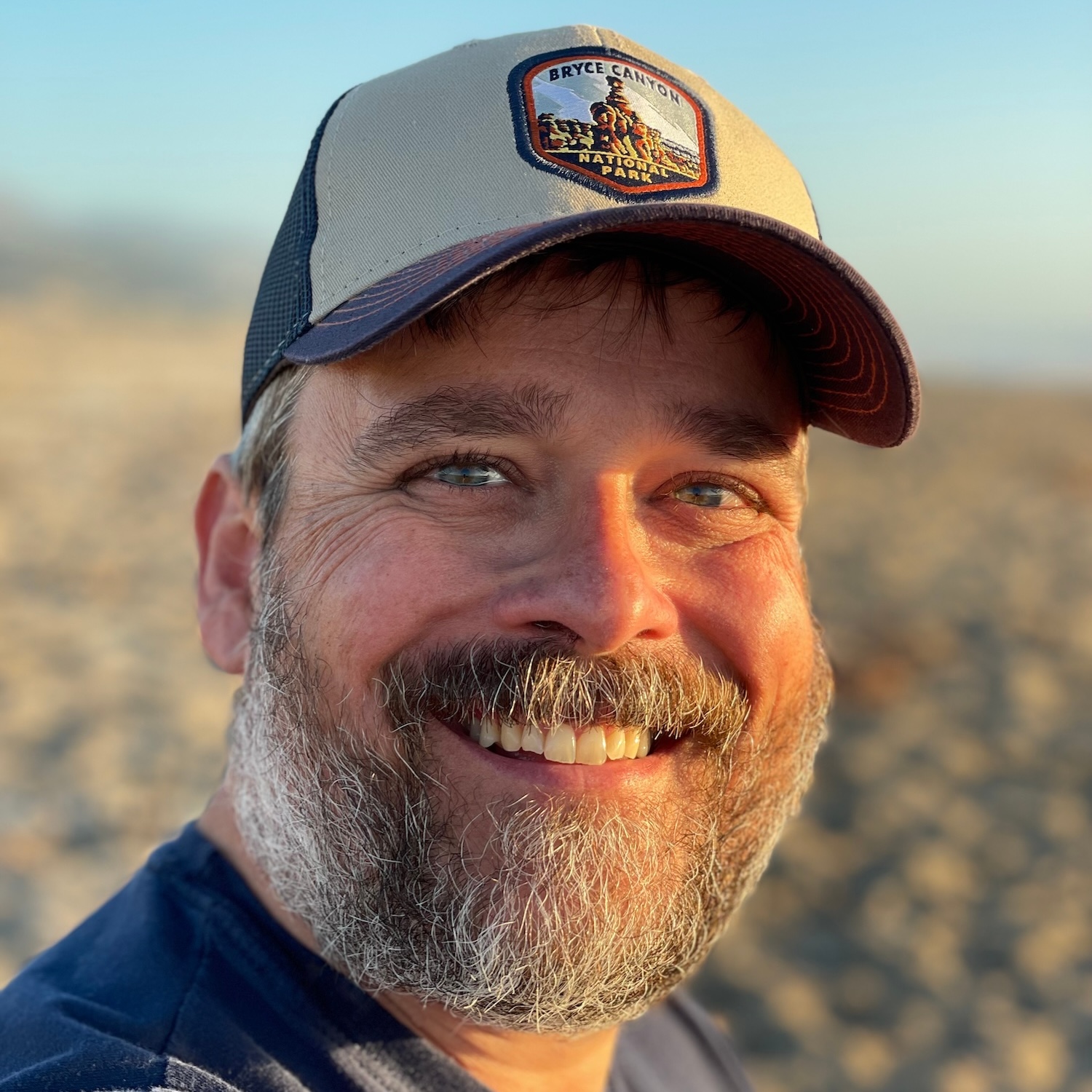Bean Lab Members
Faculty
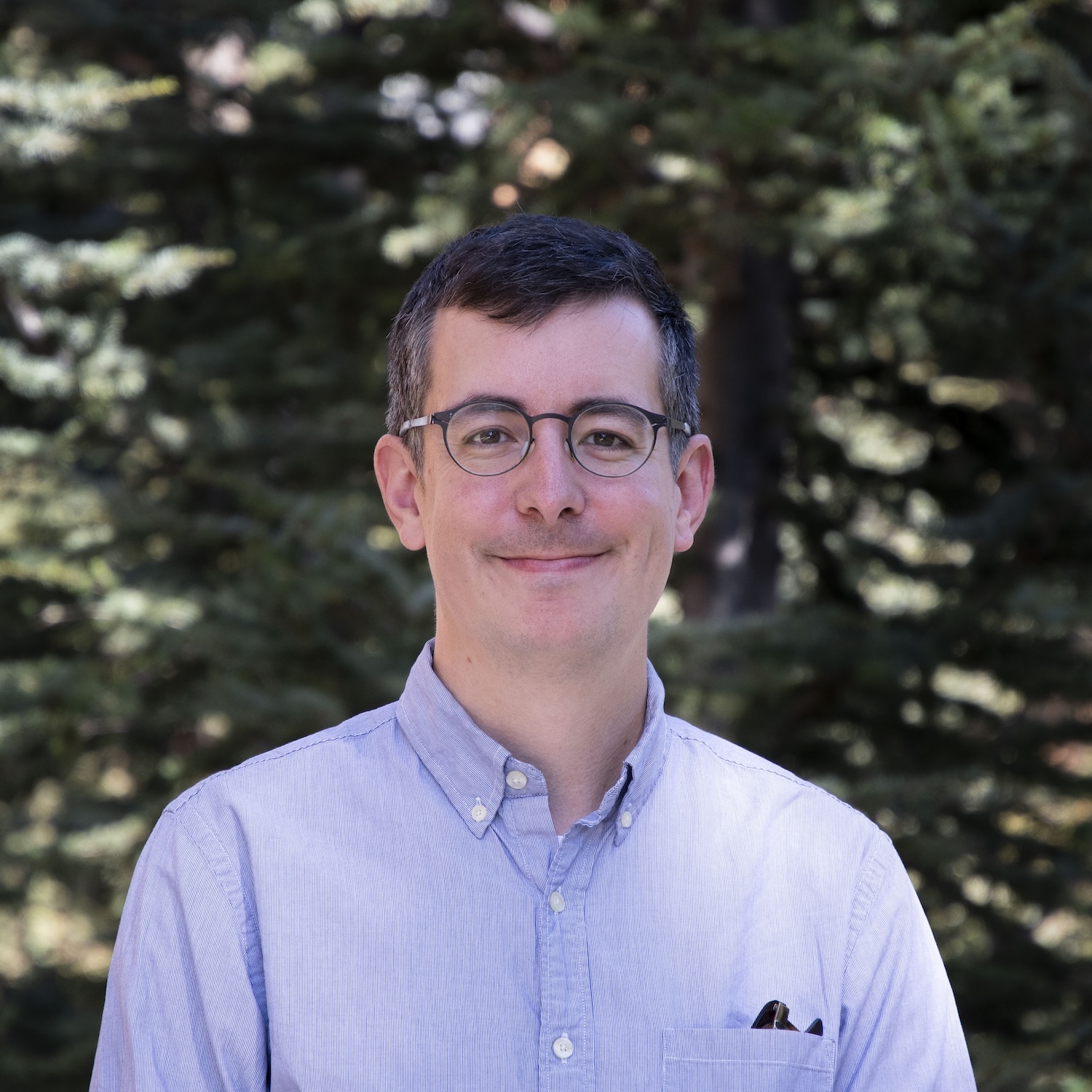
William “Tim” Bean, PhD
Associate Professor, Biological Sciences
My goal is to train students to be excellent field biologists with strong quantitative skills. I usually work on mammals, mostly in California, using a combination of publicly available data, data collected in the field, and remote sensing techniques. I strongly believe we should learn to use, and develop, cutting edge techniques while remaining rooted in a strong tradition of natural history.
Postdoctoral Fellows
Graduate Students
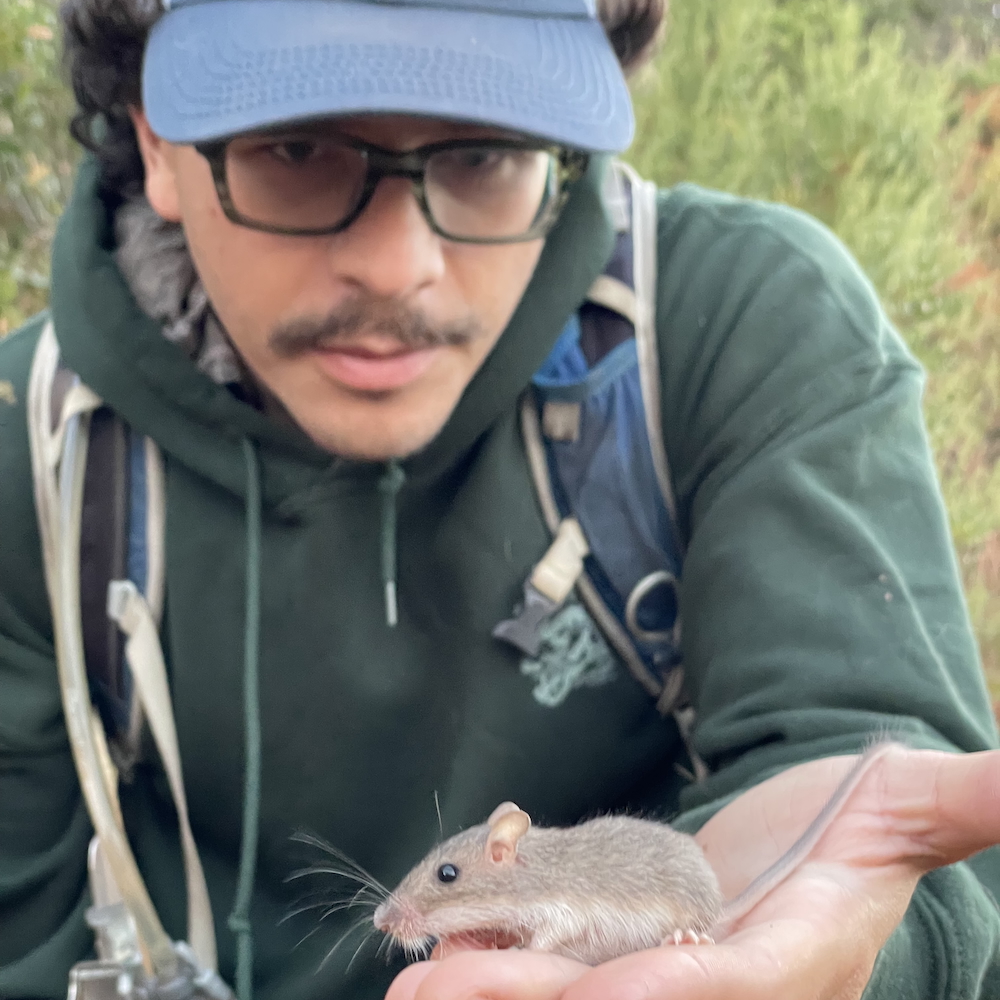
Garrett Gimbel
Garrett received his bachelor’s degree in Wildlife and Fisheries Biology from the University of Vermont in 2019 where he first began exploring the role of spatial ecology in wildlife management and conservation. He then spent 3 years working with the endangered New Mexico Meadow Jumping Mouse (Zapus luteus) in southern Colorado and New Mexico. This project had many research goals including understanding the species’ home range selection, habitat suitability, and behavior, as well as endocrinology and hibernating physiology.
In the Bean Lab, Garrett’s research is part of a larger project looking into the narrow-faced kangaroo rat’s (Dipodomys venustus) range, taxonomy, and habitat suitability. Specifically, he is investigating the range-wide habitat suitability for the species, and comparing niche divergence amongst the genetically identified subspecies. In the future, Garrett is interested in exploring new ways in which the spatial ecology and evolution/genetics fields can work together to better understand the distribution of species in the environment.
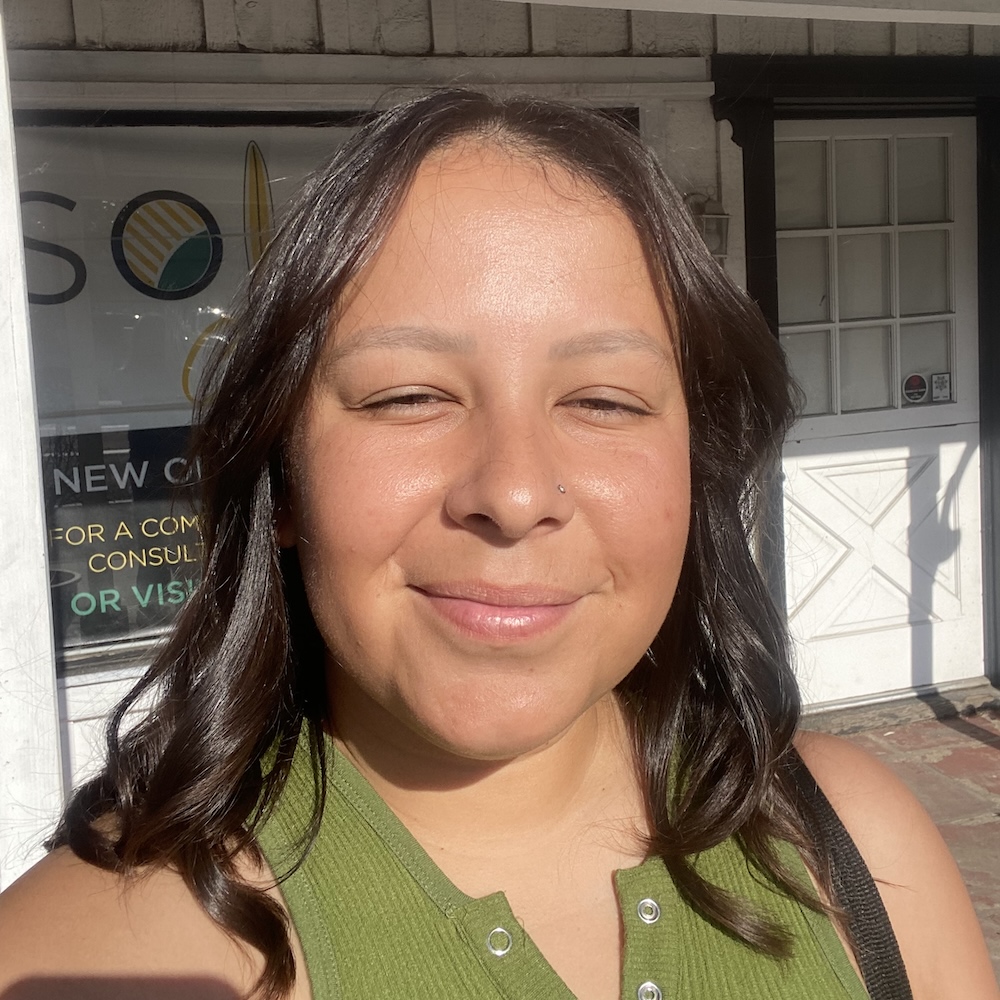
Jen Ibarra
Jen is interested in the use of fire as a land management tool and is investigating the impacts of cultural and prescribed burning on giant kangaroo rat (Dipodomys ingens) habitat in and around the Carrizo Plain National Monument. She is also exploring the use of non-invasive surveys to update occupancy models that aim to predict the presence or absence of giant kangaroo rats and inform future management decisions.
She is a seasoned field biologist and has worked on field projects that include surveying and tracking of Mojave Desert tortoises, California condors, flat-tailed horned lizards, and California gnatcatchers. Jen looks forward to learning more about the natural world around her and supports the inclusion of traditional ecological knowledge and western science throughout her work.

Kevin Lopez
Kevin is interested in all things related to raptor ecology. His research will focus on tracking nesting Barn Owls with GPS-biologgers equipped with accelerometers to understand how changes in habitat composition influence their habitat use and foraging behavior.
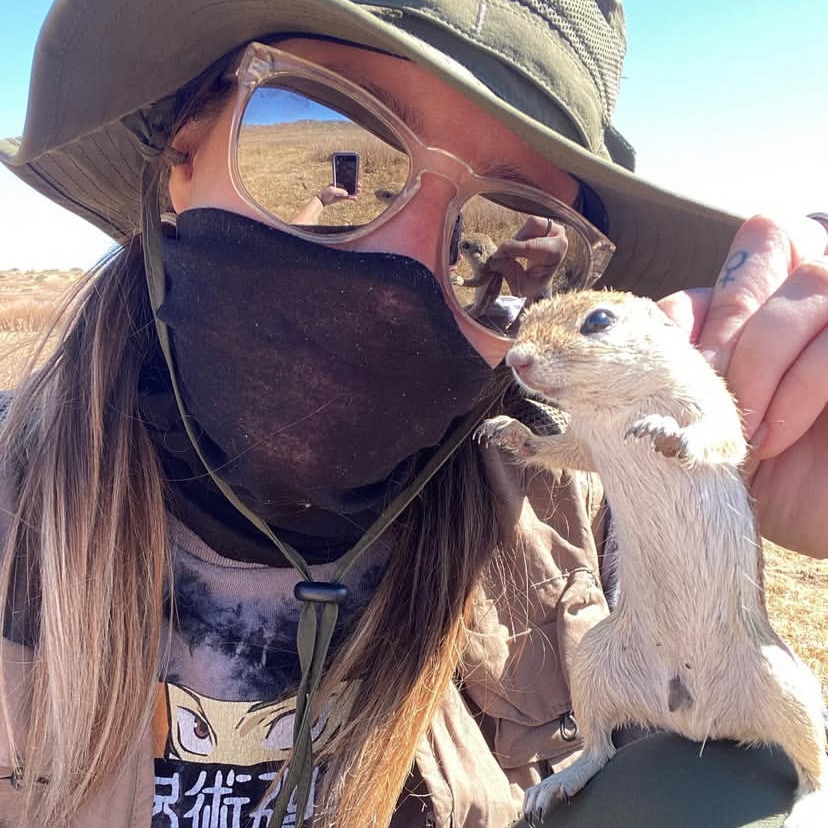
Caroline MacKenzie
Masters Student
Caroline MacKenzie received her bachelors in wildlife ecology from the University of Maine, working with small mammals and entomology. She’s traveled throughout the U.S working in Nevada, North Dakota, Oregon, Washington and California, where her research focused on small mammals and long-term open source data collection. As part of the Bean Lab, Caroline investigates the dynamics of data synchrony in space and time when determining conservation priorities for the endangered Giant Kangaroo Rat. She is interested in why results from differing survey methods don’t align with one another, data reliability, and best practices for species-specific management decisions. Utilizing habitat suitability modeling, habitat quality analysis and live trapping, her project aims to define effective strategies to increase the accuracy of habitat suitability models by understanding why different assessment methods sometimes provide conflicting results.
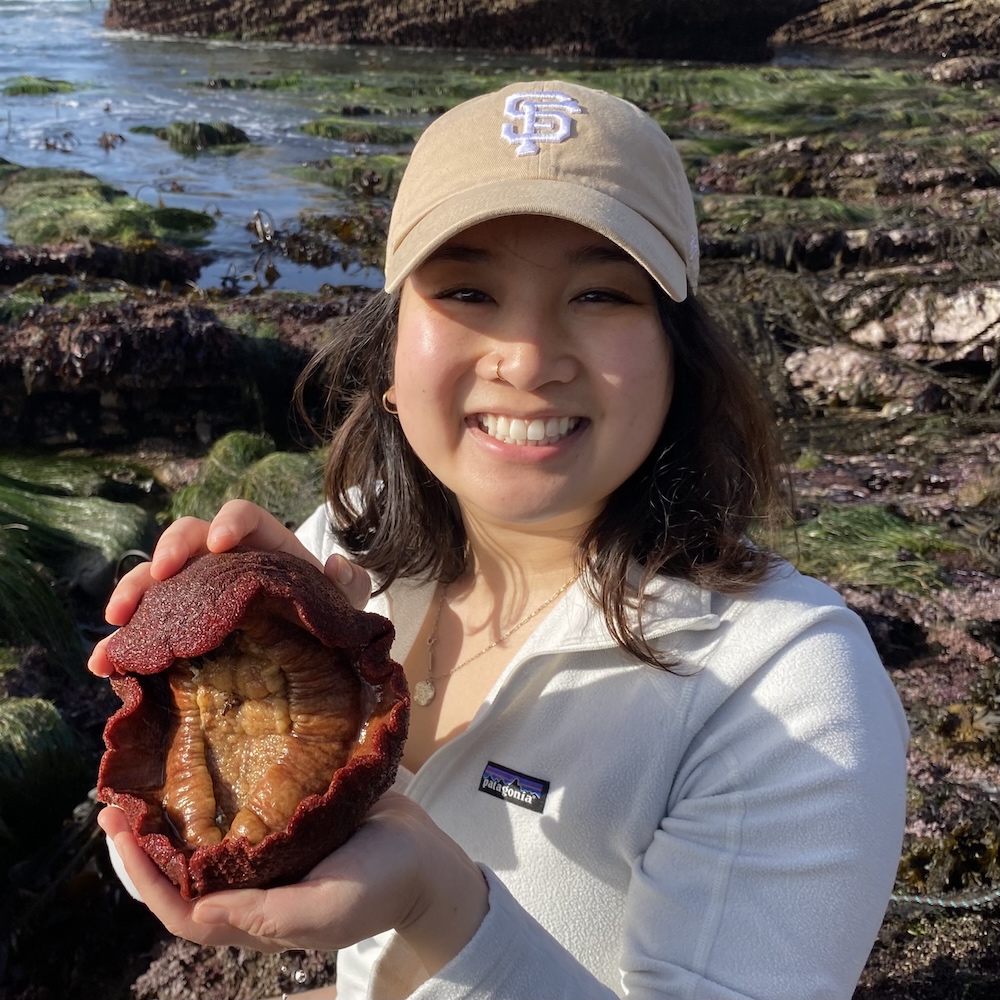
Tricia Nguyen
Tricia has a Bachelor’s in Wildlife, Fish and Conservation Biology from UC Davis, where she first became interested in human-wildlife conflict. Tricia assisted with the Road Ecology Center’s research on wildlife-traffic collisions and Patricelli Lab research on the effects of fire on greater sage-grouse diet and courtship. At Cal Poly, Tricia’s research focuses on coyote (Canis latrans) and non-target species responses to livestock guardian dogs at sheep grazing sites in San Luis Obispo County. In the future, Tricia hopes to continue working with coyotes and learning about ways to facilitate human-wildlife coexistence.
Tricia is also passionate about mentorship, science education and outreach and works as a science educator teaching elementary school-aged children about sustainability and waste management. In her free time, Tricia enjoys karaoke, reading horror novels, going to the beach, and rooting for the San Francisco 49ers.
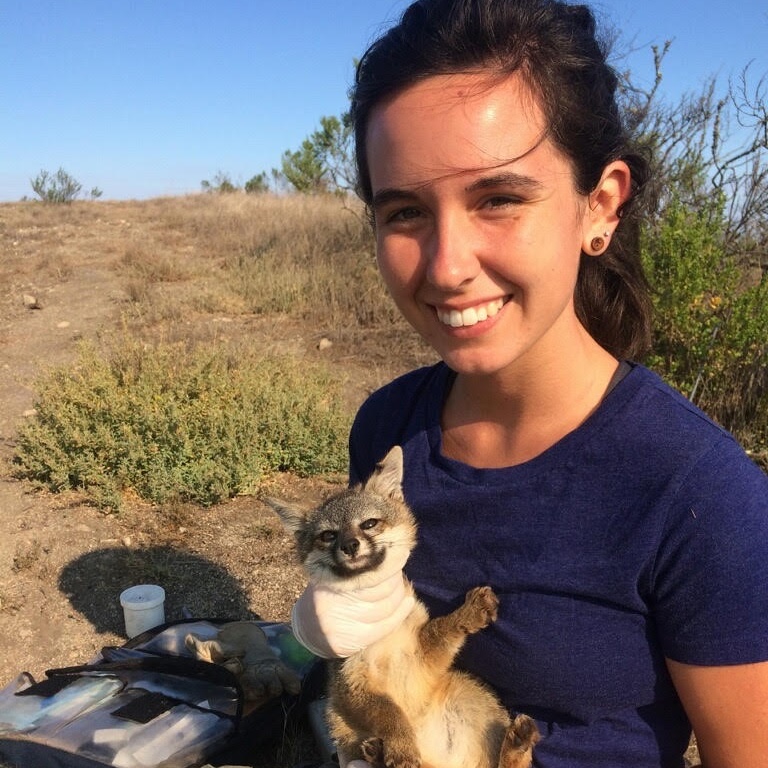
Desirae Thomaier
Desirae is interested in how species interactions shape ecological communities, especially with the implications of climate change and land use changes. She is particularly interested in noninvasive monitoring techniques and remote sensing to bridge the gap between conservation, technology, and human-wildlife coexistence. She received a B.S. in Biology from the University of Washington in Seattle in 2018. Desirae worked for the National Park Service trapping island foxes and skunks, the Center for Ecosystem Sentinels studying penguins in Argentina, and also has experience with molecular biology and veterinary science. Her Master’s research is investigating the spatial distribution of island spotted skunks with occupancy modeling via camera traps. In her free time she enjoys reading, baking, volleyball, and walks with her husband and two dogs.
Alumni
Katie Elder, MS (2025). Thesis: Density-dependent habitat selection & home range sizes in a recovering population of island foxes (Urocyon littoralis) on Santa Rosa Island, California
Patrick Anderson, MS (2023). Thesis: Evaluation Of Facilitation On Translocation Outcomes For San Joaquin Antelope Squirrel In The Carrizo Plain, California
Ian Axsom, MS (2022). Thesis: Ectotherm Thermoregulation at Fine Scales: Novel Methods Reveal a Link Between the Spatial Distribution of Temperature and Habitat Quality
